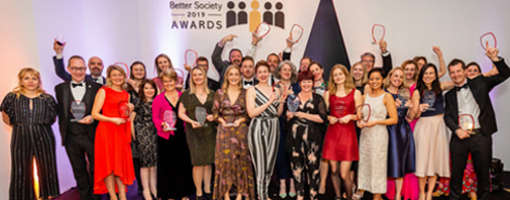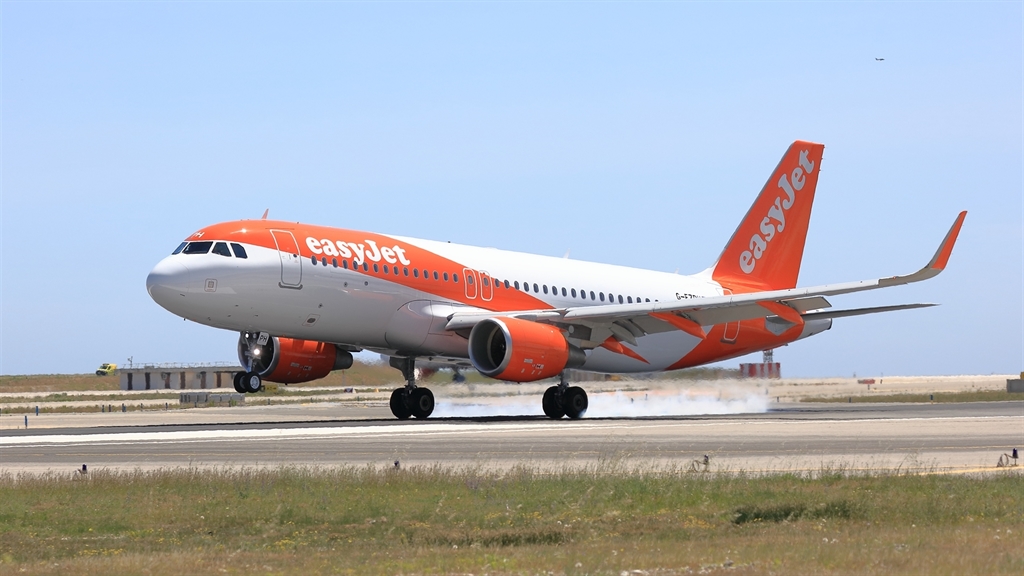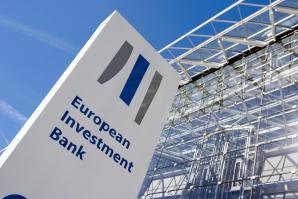The new Corporate Human Rights Benchmark, published last week, makes for some depressing reading.
Following on from the backlisting of G4S by the Norwegian Sovereign fund, the annual benchmark has found that over half of the major companies in apparel, extractive, food & beverage and tech manufacture are failing on human rights - particularly on due diligence.
The Corporate Human Rights Benchmark (CHRB) measures how companies perform across 100 indicators based on the UN Guiding Principles (UNGPs) on Human Rights. It uses publicly available information on issues such as forced labour, protecting human rights activists and the living wage to give companies a maximum possible score of up to 100 per cent.
More than half of those assessed are failing to demonstrate they are meeting any of the UNGP’s basic requirements on human rights due diligence, and with the data being used by multiple investors (such as Aviva Investors, APG and Nordea) the risk to the companies involved is in both reputational damage and direct value.
“Our rankings show some leading companies demonstrating that action on human rights is possible within a competitive environment. But far too many low scoring companies have not changed their practices at all. CHRB is calling for a rapid acceleration in the uptake of human rights due diligence to ensure companies respect human rights. States and investors also have a key role and they should use this data to motivate companies to rapidly improve,” said Steve Waygood, chief responsible investment officer, Aviva Investors and chair of the CHRB Board.
The news is not all bad, with three quarters of companies improving their scores, with top movers since 2017 including ENI, Diageo, Repsol, Danone, Heineken, Fast Retailing, Kellogg, Inditex and Pepsico. Leaders, such as Adidas, Unilever and Marks & Spencer retain top positions and score above 70 per cent. Yet despite the improvements most companies are still performing poorly - the average overall score is 24 per cent, while companies added to the ranking this year scored 17 percent on average. Tech companies averaged just 18 per cent in the 2019 ranking, although this is the first year they are featured.
Latest News
-
Premier League and Comic Relief partnership aims to improve children’s mental health
-
Russell Hobbs launches food poverty campaign in schools
-
Tottenham Hotspur and charities launch film to tackle mental health stigma
-
Cardfactory funds homelessness charity’s team of psychologists
-
Bingo firm raises £300,000 for the Stroke Association
-
Sainsbury’s links up with Comic Relief for festive recipe campaign
© 2019 Perspective Publishing Privacy & Cookies







Recent Stories